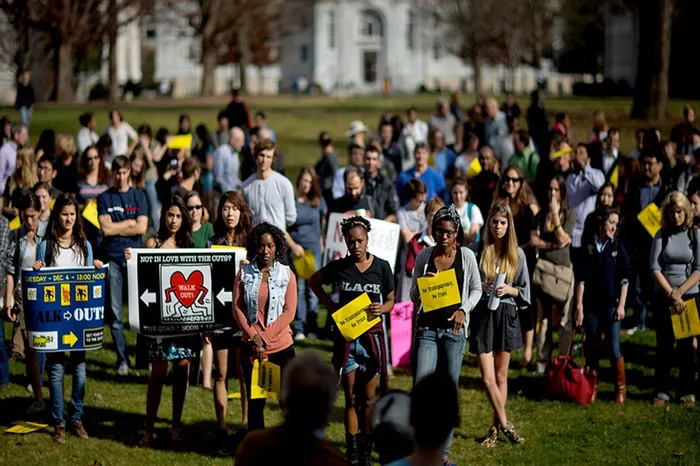Emory University has updated its policy on free expression, now prohibiting camping and overnight protests on campus.
This policy shift follows an incident in April where Pro-Palestinian and Stop Cop City protesters occupied the campus quad, resulting in 20 arrests and antisemitic graffiti on university property. The Emory College of Arts and Sciences faculty senate responded by calling for a no-confidence vote against President Gregory L. Fenves, and the university relocated graduation ceremonies to a convention center in Gwinnett County.
Emory has faced criticism regarding its campus environment amid the Israel-Hamas conflict.
The university is currently under investigation for alleged anti-Palestinian and anti-Muslim harassment after two groups filed a federal civil rights complaint on April 5. The Council on American-Islamic Relations (CAIR-Georgia) and Palestine Legal are urging the U.S. Department of Education to probe the “hostile” environment at Emory and two other institutions. Nearby residents have also reported antisemitic incidents, including intimidation and aggressive behavior by protesters.
The updated policy introduces a ban on overnight outdoor camping, encampments, and building occupations. Additionally, protests are now restricted to between the hours of 7 a.m. and midnight.
Originally implemented in 2013, Emory’s Open Expression policy was last revised in 2018. Following the April protests, the University Senate announced it would review and revise the policy, with ongoing work on new recommendations.
The 2024-25 school year update imposes “reasonable restrictions on time, place, and manner” for future protests.
“Such rules help us maintain safety and allow everyone in our community to focus on our academic goals,” stated the Emory University Communications department.

